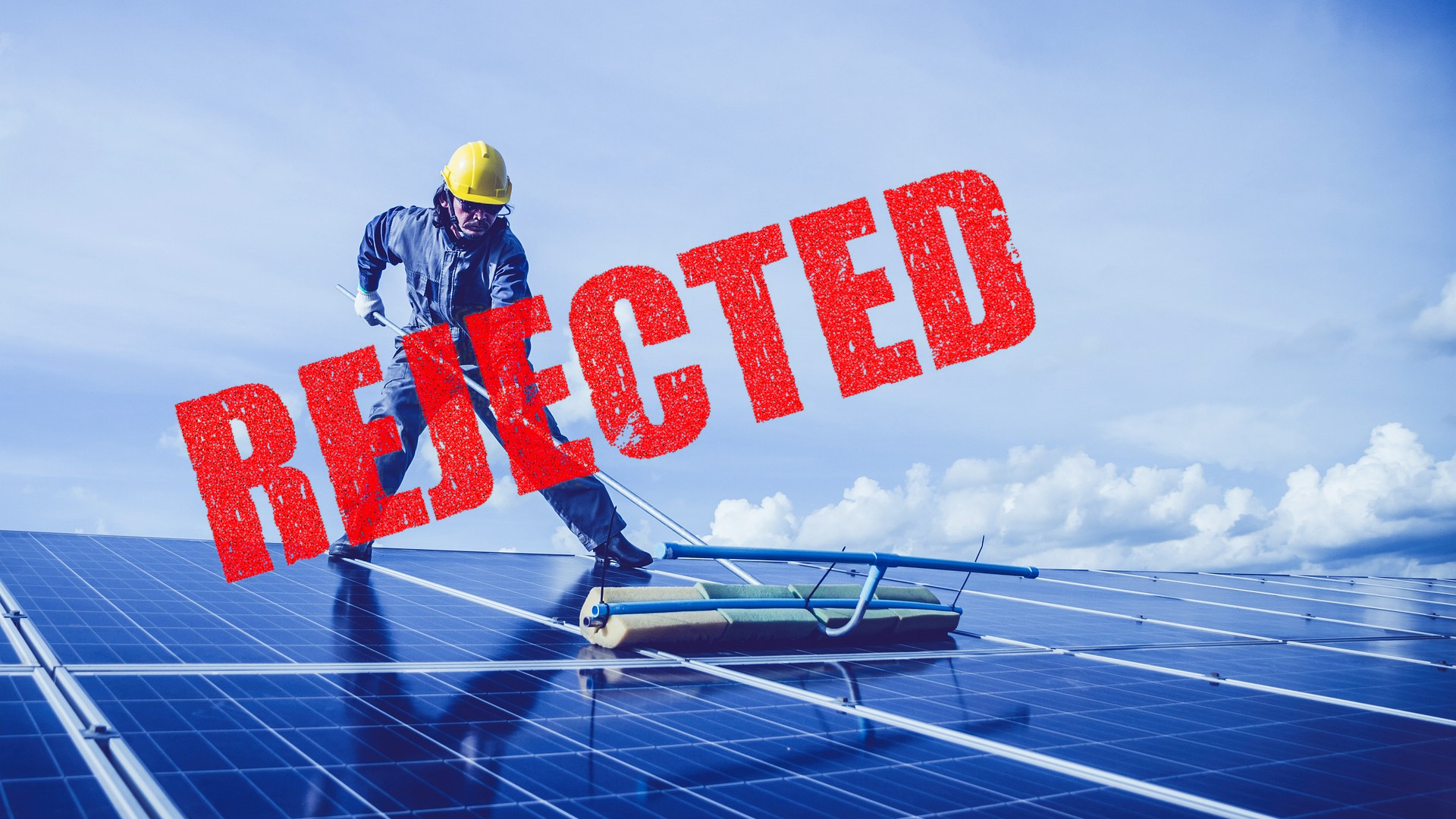



In a recent article by James Goodwin on The Revelator, the silent tragedy of local restrictions on renewable energy is explored. The article highlights how policies blocking cleaner energy sources, often inspired by persistent disinformation, harm the communities that adopt them. Many communities in the United States have adopted local ordinances that restrict the development of new renewable energy resources within their borders, potentially missing out on the clean energy transition and its economic benefits. These communities already face high unemployment and poverty rates, making the consequences of their legislation even more tragic [acd47ec2].
Goodwin and his co-author created a new tool called the Risk of Missing Out Index, which scores each county in the continental United States based on the extent of harm its residents are likely to face due to local restrictions on renewable energy. Their analysis reveals that anti-renewable energy ordinances are causing significant economic and social harms to communities across the country, including some of the poorest and most economically distressed areas. Approximately one-quarter of all counties in the continental United States have restrictions in place targeting the development of wind, solar, or battery storage. Nearly a third of these communities are already experiencing substantially higher unemployment, lower per capita income, and other socioeconomic risks relative to comparable areas. Additionally, more than a third of these communities contain households facing high levels of 'energy burden' [acd47ec2].
The article sheds light on the broader consequences of anti-renewable energy ordinances and their potential impact on achieving the nation's decarbonization goals. It emphasizes the need for a clean energy transition and the detrimental effects of local restrictions on renewable energy. The article serves as a call to action for policymakers and communities to reconsider these restrictions and embrace the economic and environmental benefits of renewable energy [acd47ec2].
In an opinion piece by Paul Krugman in The New York Times, he discusses the pettiness of powerful individuals and its danger to democracy and the environment. Krugman highlights Donald Trump's strong dislike for wind power and his false claims about its negative effects. Trump has made claims that wind turbines can cause cancer, power outages, and harm birds. He has even threatened to issue an executive order to halt offshore wind farm construction if he wins the election. Krugman argues that renewable energy, such as solar and wind power, has made significant progress in recent years and offers numerous benefits. The environmental consequences of renewable energy are minimal compared to the damage caused by burning fossil fuels. Trump's motives for blocking renewable energy progress are not clear, but it is likely driven by personal interests rather than the greater good [98e963b0].
The integration of Krugman's opinion piece adds another layer to the discussion on local restrictions on renewable energy in the United States. It highlights the role of powerful individuals, like Trump, in impeding the progress of renewable energy and the potential harm it can cause to both democracy and the environment. The article emphasizes the need to address the pettiness of powerful individuals and prioritize the greater good by embracing renewable energy and its benefits [98e963b0].
More than 20 members of the U.S. Congressional Democratic Caucus have urged the Financial Oversight and Management Board (FOMB) for Puerto Rico to protect net metering, which they consider essential for the island's clean energy goals and economic growth. Net metering ensures that households with renewable energy sources, like rooftop solar, are reimbursed for the extra energy they produce but do not use. The FOMB recently directed Puerto Rican Gov. Pedro Pierluisi and the territorial Legislature to repeal Act 10, which protects net metering through 2031. The lawmakers argue that weakening or ending net metering in Puerto Rico could be devastating, as rooftop solar has added over 800 MW to the electric system and has successfully displaced energy generated by imported fossil fuels. They emphasize that net metering is an engine for economic recovery, contributing approximately $1.5 billion to Puerto Rico's economy each year and employing over 10,000 people. The lawmakers also highlight the importance of rooftop solar and battery storage systems for low-income people and urge the FOMB to protect net metering in Puerto Rico [ccddf533].
Communities in the United States that have adopted local ordinances restricting the development of renewable energy resources are at risk of missing out on the economic benefits of the clean energy transition. These communities, many of which already face high unemployment and poverty rates, are potentially harming themselves by blocking the better jobs, cheaper electricity, and cleaner environment that come with renewable energy. A recently published report introduces the Risk of Missing Out Index, which scores each county in the continental United States based on the harm its residents are likely to face due to local restrictions on renewable energy. The analysis reveals that one-quarter of all counties in the US have restrictions in place targeting wind, solar, or battery storage, and nearly a third of these communities are already experiencing higher unemployment and lower per capita income. The report calls for sensible policies that support renewable energy development without sacrificing the public interest and recommends strengthening local democratic processes to align community choice with a just clean energy transition [41858d3a].